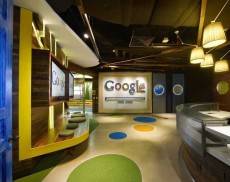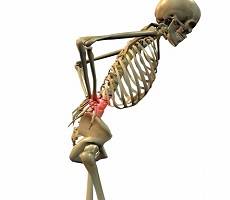March 25, 2014
Employers welcome an age-diverse workforce, but need to be prepared
 A recent report by the UKCES that predicted that the workplace of the future will see four generations of employees working side by side is being welcomed, rather than feared by employers, but they need to begin planning for the future now, or risk a skills shortage and being at a competitive disadvantage. The revelation that by 2030 four-generation or “4G” workplaces – will become increasingly common as people delay retiring, even into their 80s, prompted UKCES Commissioner Toby Peyton-Jones to ask whether this emerging multi-generational workplace would spell stress and culture clashes or create positive tension leading to innovation. Now a new study, Managing an age-diverse workforce, from the CIPD, shows that employers and employees see clear benefits from an increasingly age diverse workforce but need to do more to take full advantage. (more…)
A recent report by the UKCES that predicted that the workplace of the future will see four generations of employees working side by side is being welcomed, rather than feared by employers, but they need to begin planning for the future now, or risk a skills shortage and being at a competitive disadvantage. The revelation that by 2030 four-generation or “4G” workplaces – will become increasingly common as people delay retiring, even into their 80s, prompted UKCES Commissioner Toby Peyton-Jones to ask whether this emerging multi-generational workplace would spell stress and culture clashes or create positive tension leading to innovation. Now a new study, Managing an age-diverse workforce, from the CIPD, shows that employers and employees see clear benefits from an increasingly age diverse workforce but need to do more to take full advantage. (more…)

























March 25, 2014
The workplace should be designed for (and by) people, not robots
by Simon Heath • Comment, Facilities management, Technology, Workplace design
(more…)